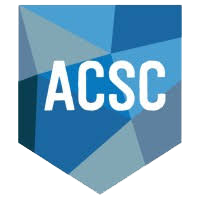 More than 20 years ago in 1999, Salesforce launched its customer relationship management (CRM) platform at salesforce.com. Little did we know that this would kickstart the realization of Software-as-a-Service. And roughly ten years ago, Infrastructure-as-a-Service came on the scene to become a standard deployment method of servers. It is safe to say that enterprises have come to recognize the great benefits that “as a Service” models offer.
More than 20 years ago in 1999, Salesforce launched its customer relationship management (CRM) platform at salesforce.com. Little did we know that this would kickstart the realization of Software-as-a-Service. And roughly ten years ago, Infrastructure-as-a-Service came on the scene to become a standard deployment method of servers. It is safe to say that enterprises have come to recognize the great benefits that “as a Service” models offer.
Now, there is one remaining component of the datacenter to fill in the blank, and that is networking. While the global market of Network-as-a-Service (NaaS) was valued at just over $8 billion in 2020, it is expected to exceed $45 billion by 2026. That’s a compound annual growth rate of over 33%. Below these staggering numbers is a story that substantiates this accelerating growth rate. If you are unfamiliar with the NaaS story, here are six reasons why you should become familiar with it. Like many other “as a Service” offerings that came before it, NaaS is ready for takeoff.
1. NaaS Offers an Effortless, Pristine Environment
Users and support personnel alike just love SaaS applications. It grants users immediate access to the latest innovative features and capabilities. SaaS also helps IT support personnel because they don’t have to muddle with the monotonous ordeal of patching and updating those applications. Not only can internal IT personnel rest easy knowing that the latest security vulnerabilities have been secured, but they can also reclaim countless hours of their workweek to apply toward projects that create greater value for the organization. This same level of benefit and comfort is also available with NaaS. There are better ways that internal IT departments can spend their time other than updating the hundreds of networking appliances across your IT estate. Aruba NaaS with HPE Greenlake can remove all those mundane undertakings from their already busy plate.
2. NaaS Enables Faster Product Refreshes
Product life cycles are shrinking due to the relentless pace of continued innovation. Unfortunately, it is difficult to take advantage of this trend because replacing your switch infrastructure is a laborious process. First, there’s the paperwork involved in keeping track of which appliances are associated with each product cycle. Another issue is the time consumed by planning cycles in which IT managers must outline and plan the next refresh. Finally, there is the gargantuan progression of unboxing, configuring, mounting, and implementing the new equipment as well as the disposal process for the outgoing appliances. But with NaaS, it doesn’t have to be this way. An Aruba team of specialists can refresh each product cycle for you while your own IT team goes about their business of supporting your network.
3. Elimination of Learning Curves
New networking products often come with a new operating system. That’s a problem because while your network support personnel are experts on your existing technology, they must also contend with the learning curve of digesting new commands and policy methodologies. Aruba NaaS technicians are experts in the latest technology, thus enabling new deployments and setting configurations to be performed faster and more efficiently.
4. The Convenience of Self-Service
People see great value in convenience today. They pump their own gas and scan their items at the store checkout. Imagine having the convenience of having all the information about your network infrastructure at your fingertips. An Aruba NaaS subscription allots you a self-service portal, which provides you insights and visibility into your network and billing processes. No more toggling between remote console sessions and management tools – NaaS provides one self-service interface for everything.
5. NaaS Can Right-Size Your Environment
Imagine you have 96 ports of access fully utilized in one of your IDFs. Now, you need to deploy a few more access points and PoE cameras. What to do? Buy a small switch that may lack the features of a larger model, or overprovision your current needs with a new 48-port switch? With an Aruba NaaS subscription, you can always right-size your network to fit the exact needs of your environment because you don’t pay for the hardware – you only pay for usage.
Additionally, you can also start out your subscription on whatever scale you want. A natural place to begin is with your network edge locations that often lack on-prem support personnel. If you find that NaaS brings the anticipated value to your enterprise, you can expand its coverage from there.
6. A Zero-Ticket Experience
All enterprise computer users have one thing in common: They want a faster online experience. Less than optimum network speeds are due to latency in some shape or form. But where is it coming from in your network and how do you find it? The Aruba NaaS professional technicians assigned to every subscription account are specialists in their field. They are highly trained and experienced in optimizing your product configurations and streamlining the routing of network workloads that crisscross your network. Because they are actively monitoring their assigned environments, issues are often identified before they even become a problem. When problems do arise, however, they are solved in quick fashion.
NaaS is a Growing Service Model. Let’s Start the Conversation.
If your organization utilizes cloud services such as SaaS or IaaS, then you have come to realize the added value that these innovative methodologies have brought to your enterprise. Network-as-a-Service is no different. An Aruba NaaS subscription can deliver speed, agility and scalability, streamline performance, and offer predictable costs. Get in touch with WEI to start maximizing your network performance and budget. Find out more about the value that is substantiating the explosive growth of this new service model!
Next Steps: See why enterprises are catching on to the latest “as-a-Service” trend in our fresh whitepaper titled, “Why Aruba NaaS is the Next Big Thing and Why You Need It.”












